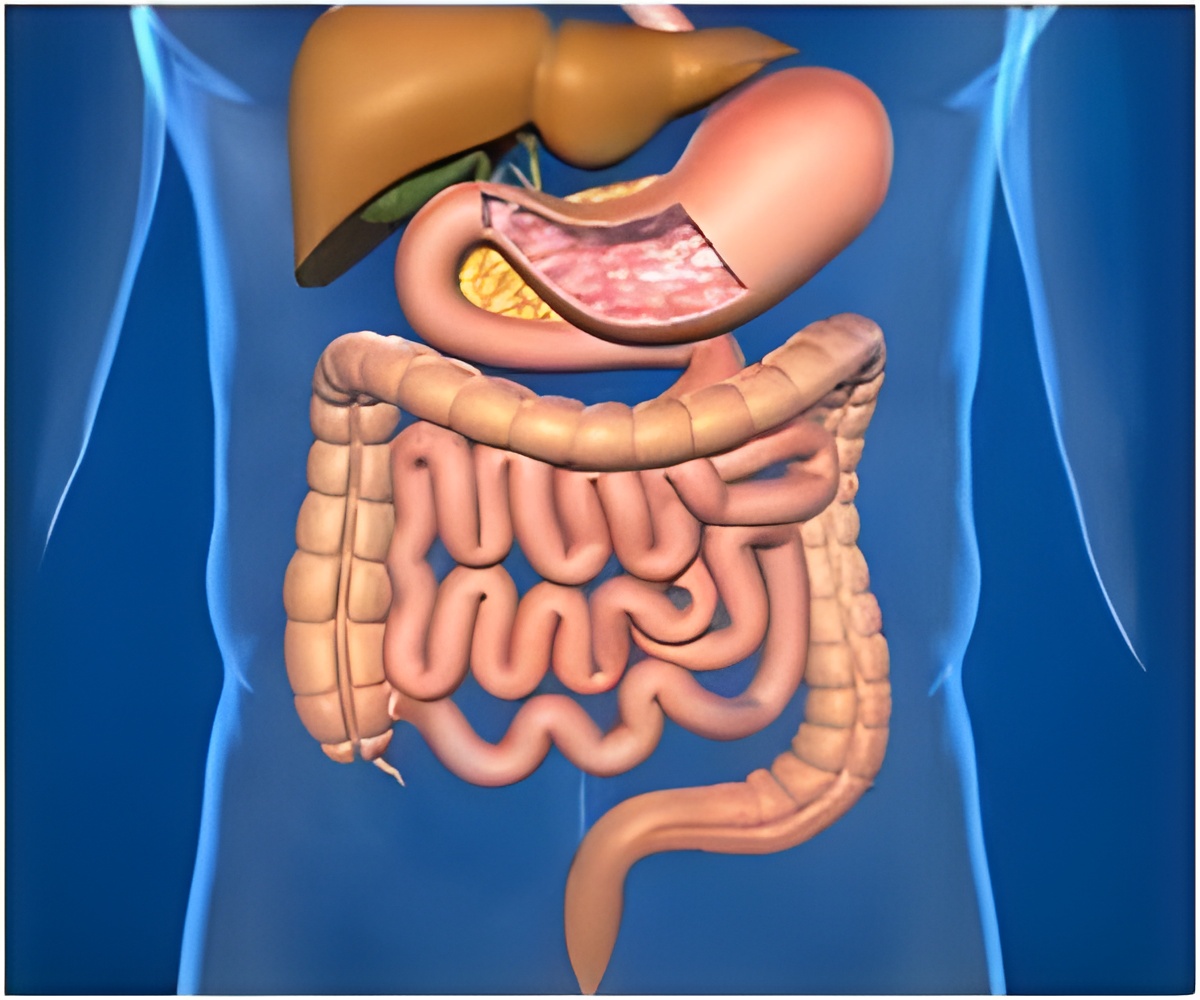Researchers have confirmed that bacteria residing in the gut region influence brain chemistry and behavior.

"The exciting results provide stimulus for further investigating a microbial component to the causation of behavioural illnesses," said Stephen Collins, professor of medicine and associate dean research, Michael G. DeGroote School of Medicine.
Collins and Premysl Bercik, assistant professor of medicine, undertook the research in the Farncombe Family Digestive Health Research Institute.
For each person, the gut is home to about 1,000 trillium bacteria with which we live in harmony. These bacteria perform a number of functions vital to health: They harvest energy from the diet, protect against infections and provide nutrition to cells in the gut. Any disruption can result in life-threatening conditions, such as antibiotic-induced colitis from infection with the "superbug" Clostridium difficile.
To confirm that bacteria can influence behaviour, the researchers colonized germ-free mice with bacteria taken from mice with a different behavioural pattern.
They found that when germ-free mice with a genetic background associated with passive behaviour were colonized with bacteria from mice with higher exploratory behaviour, they became more active and daring.
Advertisement
While previous research has focused on the role bacteria play in brain development early in life, Collins said this latest research indicates that while many factors determine behaviour, the nature and stability of bacteria in the gut appear to influence behaviour and any disruption, from antibiotics or infection, might produce changes in behaviour.
Advertisement
Source-ANI















